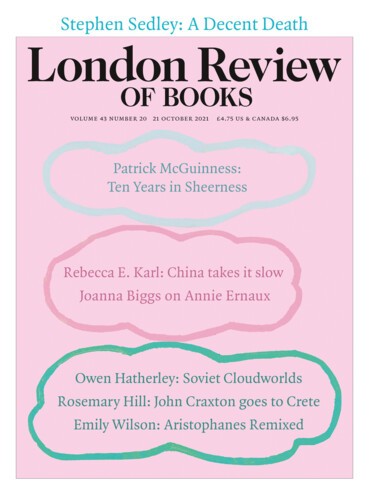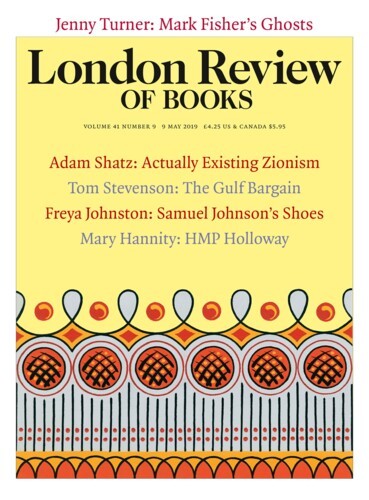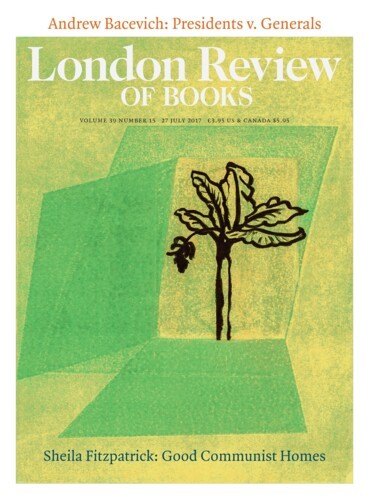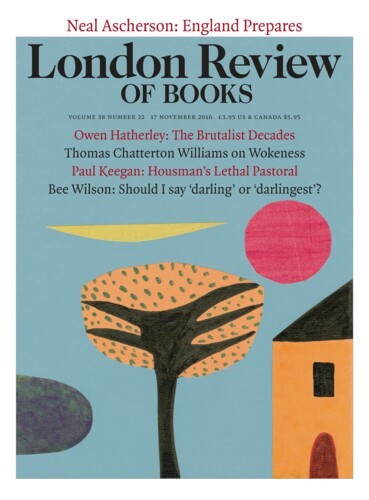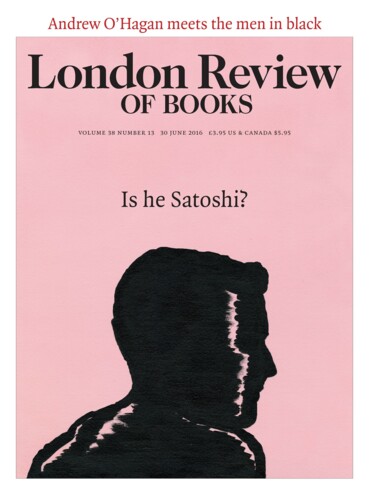In Enrica Colusso’s film Home Sweet Home, about the recently ‘decanted’ Heygate Estate in Elephant and Castle, southeast London, a town planner explains why nearly all the buildings around him – a large council estate and a covered shopping centre – have to be demolished. They’re not real streets, he says. They’re monocultures – allowing for...
Jane Jacobs‘s argument was as much about ideology as practice: Radiant Garden City Beautiful had seduced architects and urban planners away from what the city really was, the ways in which its built environment and economy worked, in favour of an idea of how cities ‘should’ be. The result, in her view, was the ‘anti-city’. The anti-city destroyed the treeless pavements, which looked messy but functioned well, in favour of pointless greensward where ‘Christopher Robin might go hippety-hoppety.’ It destroyed human networks and replaced them with emptiness and formality.
